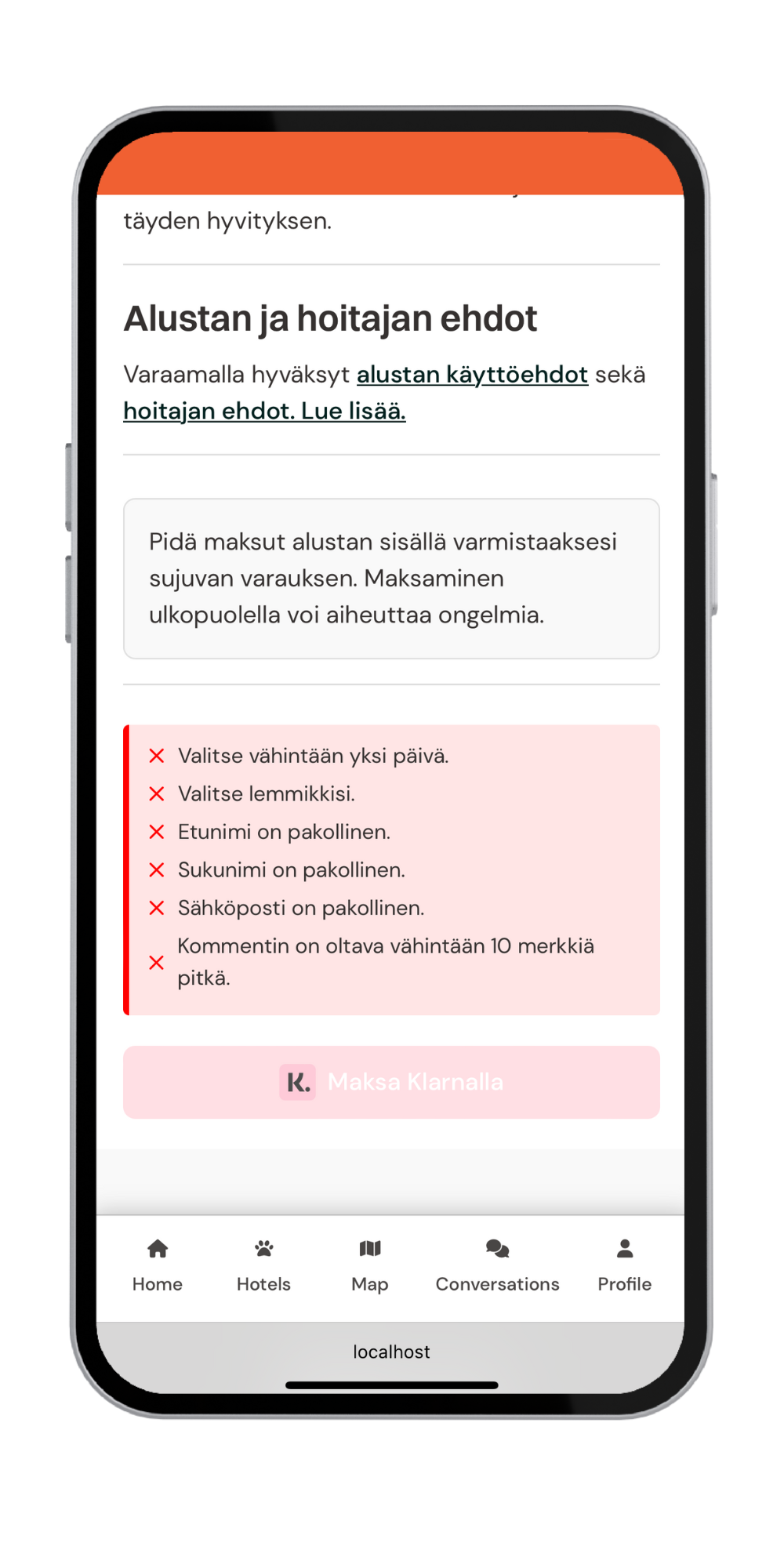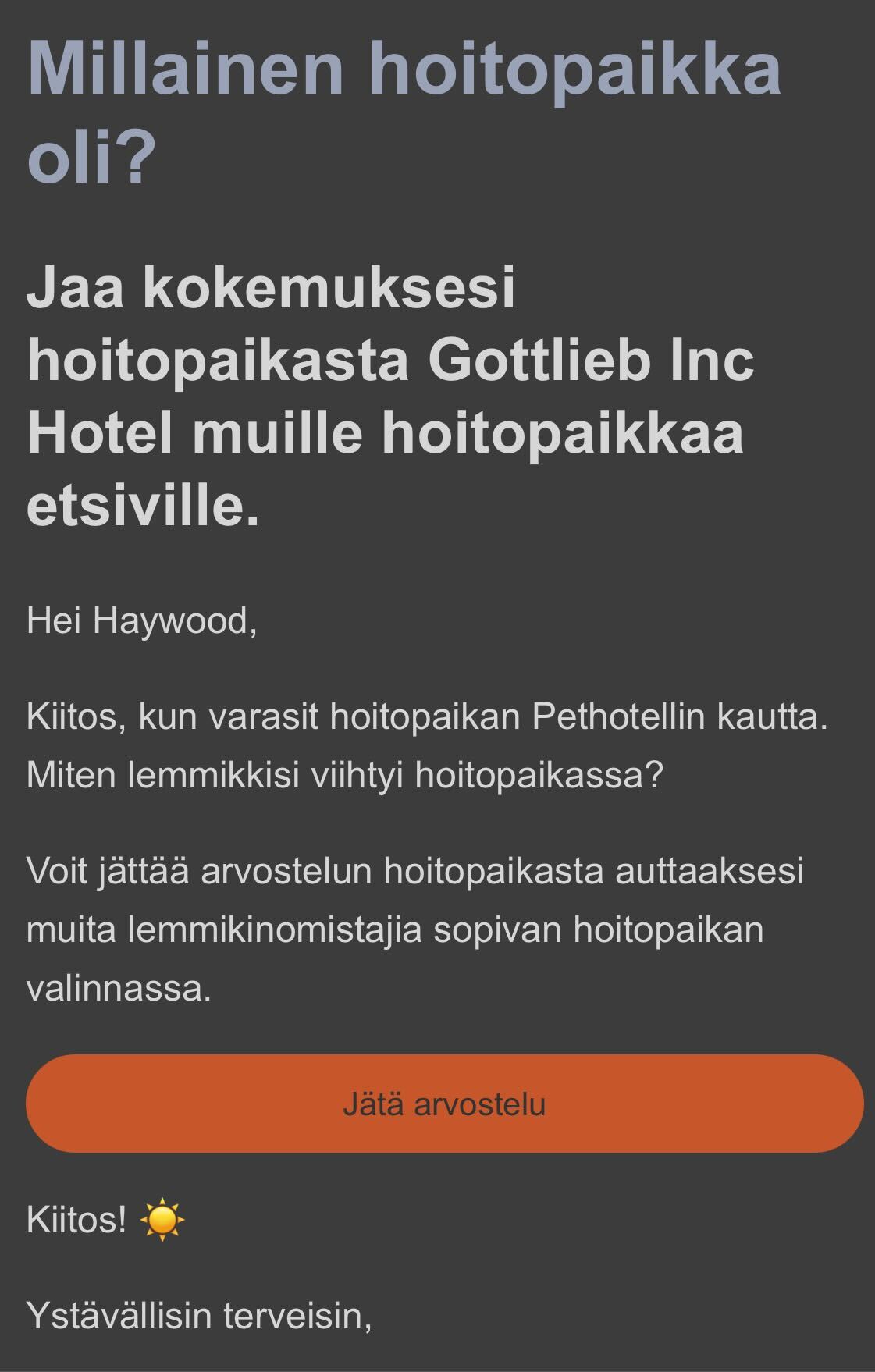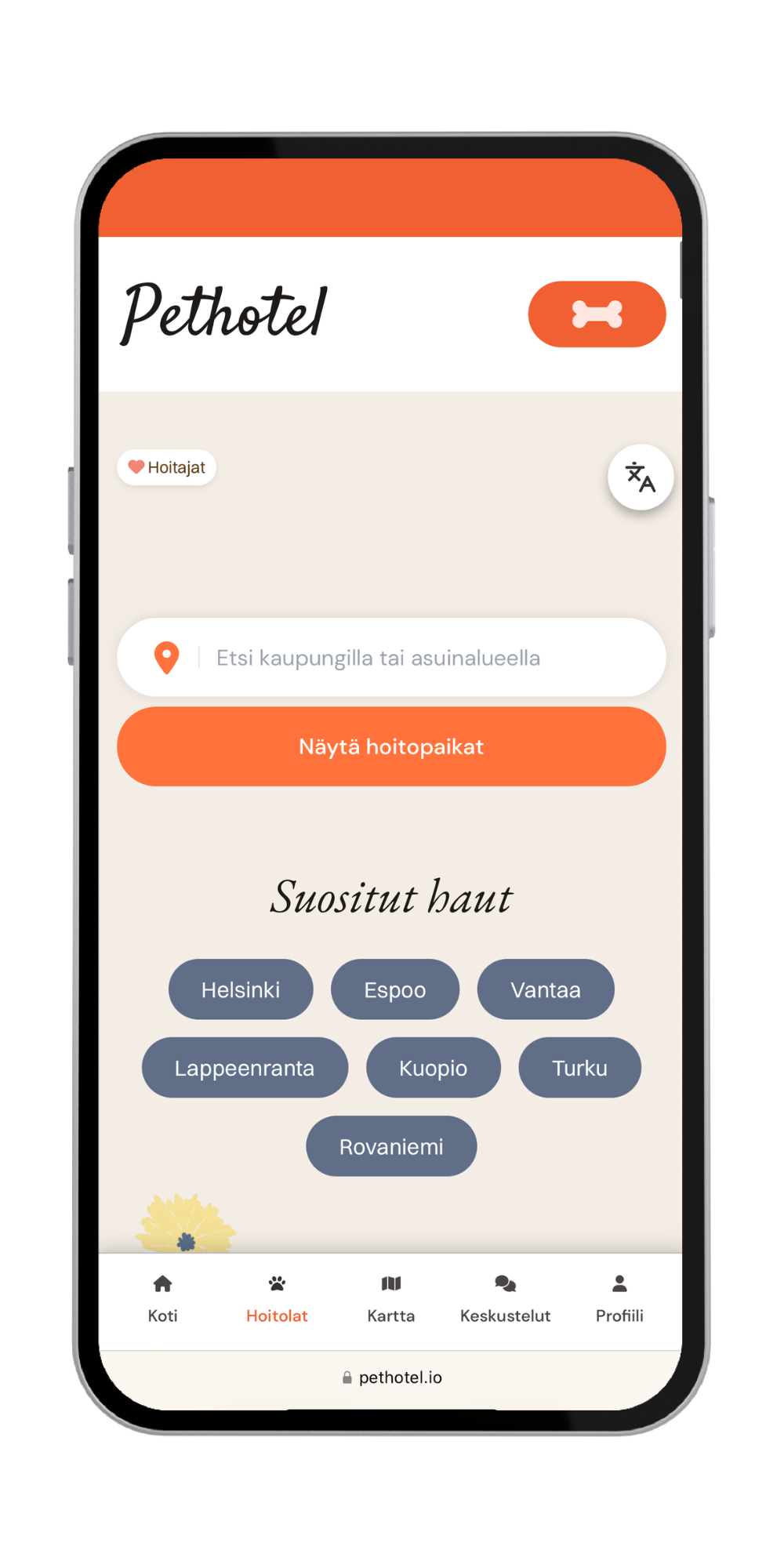Overview
At Pethotel.io, effective communication with our users is crucial. We noticed that important notifications, such as review requests and booking updates, were not reaching users efficiently. To address this, we implemented automated email notifications and background jobs using Sidekiq in our Ruby on Rails application.
By offloading email sending and other time-consuming tasks to background, we improved reliability but most importantly were able to run tasks that were scheduled at specific times without blocking the user from what they were doing.
Objectives
- Automate email notifications to keep users informed about their bookings and encourage engagement.
- Common use case is performance but for us it was more about reliability and not blocking the user from what they are doing in case of an error.
- Timely delivery of emails like review requests after a booking ends.
- Handle complex scheduling for tasks that need to run at specific times.
- Enhance code maintainability by organizing mailers and jobs effectively.
Background
Initially, our application handled email sending synchronously within controller actions. This approach led to delays in user interactions and occasional timeouts, especially when sending emails to multiple recipients. We needed a solution that could handle email delivery efficiently without impacting the user experience.
Recognizing these challenges, we decided to integrate Sidekiq for background processing. This allowed us to handle email sending and other heavy tasks asynchronously, improving performance and reliability.

Communicating things to customers
Feedback requests
Scheduled task to request users to leave review after their booking has ended.
Chat message notifications
Real-time notifications for chat messages between users and pet sitter.
New booking notifications
Real-time notifications for new bookings.
Booking reminders
Scheduled reminders for upcoming bookings or bookings that require action.
Review reminders
Scheduled reminders for users to leave a review after their booking has ended.
Communicating cancellations or changes
Notifications for booking cancellations or changes.
Receipts from charges
Receipt notifications for charges.
Implementation
Approach
Ruby on Rails served as the foundation for our application. We integrated Sidekiq for background job processing and utilized Action Mailer for sending emails.
We created background jobs to handle email sending and scheduled tasks using Sidekiq's cron feature.
Sidekiq Configuration
We configured Sidekiq to process background jobs and set up a cron job for fetching orders that needed review requests.
For example below is a configuration for a Sidekiq job that fetches orders for review requests. This scheduled task will request Sidekiq to run FetchOrdersForReviewJob in the background every day at 7 AM in order to ask user for a review.
fetch_orders_for_review_job:
cron: "0 7 * * *"
class: "FetchOrdersForReviewJob"
queue: default
This scheduled task will request sidekiq to run in the background the FetchOrdersForReviewJob every day at 7 AM.
Scheduled Sidekiq Jobs
Scheduled jobs were used to for example automate the review requesting process. The job queries orders that have ended but have not received a review yet, then sends review request emails to the users which booking has just ended.
The job queries orders that have ended but have not received a review yet, then sends review request emails to the users.
Mailers
We structured our mailers to handle different types of emails, such as authentication codes, order receipts, and review requests.
class UserMailer < **
def review_request_email(order_id:, review_link:)
# -- EMAIL CONTENT HERE TO BE INCLUDED IN THE HTML & TEXT EMAILS --
end
end
For managers, we created a separate ManagerMailer to handle notifications specific to them.
def new_order_notification(order_id, hotel_id)
# -- Notification logic here --
end
Error Handling and Logging
We included error handling in our jobs to ensure robustness. For instance, we checked for null emails, archived hotels, and other potential issues. Logging was added to track the progress and identify any issues during execution.
Integration with Third-Party Services
For certain notifications, we integrated with Zapier to handle additional workflows and automate processes.
Testing and Validation
We thoroughly tested the background jobs and mailers to ensure they worked as expected and emails were delivered correctly.

Challenges Faced
Query Logic can have unaddressed blind spots leading to logic errors
For example crafting the database queries to accurately select the correct orders for review requests is moderate effort as it needs to consider state of the booking, when it has ended, if it has already been reviewed etc. and more.
Error Handling in Background Jobs
Ensuring that the background jobs handled errors gracefully without crashing required careful implementation. We used exception handling and logging to manage unexpected issues.
Email Deliverability
We had to make sure that our emails were not marked as spam and were delivered promptly to users. This involved configuring proper email headers and adhering to best practices.
Results
Implementing mailers and background jobs with Sidekiq led to significant improvements.
- Faster Responses as users obviously get informed about their bookings faster resulting to them taking action faster.
- Better Engagement. Timely review request emails led to a noticeable increase in user reviews.
Lessons Learned
- It's good to query mailer actions from background jobs – Tasks that won’t affect the user experience should be moved to background jobs to improve reliability and speed. This ensures that if errors occur, they won’t block the user from using the application.
- Graceful errors to prevent retries and crashes – Implementing error handling in background jobs is a good idea to keep logs and operations clean. Tools like Sidekiq can cause issues with logic errors or if not properly configured.
- Sidekiq workers act differently in production – A production-like environment is useful for testing background jobs to ensure they behave as expected in real-world scenarios.
By implementing automated mailers and background jobs with Sidekiq, we enhanced user communication and application performance. The improvements led to increased user engagement and a more maintainable codebase. Moving forward, we plan to continue leveraging background processing for other time-intensive tasks.
The results demonstrate the value of investing time in optimizing backend processes to improve overall user satisfaction.
